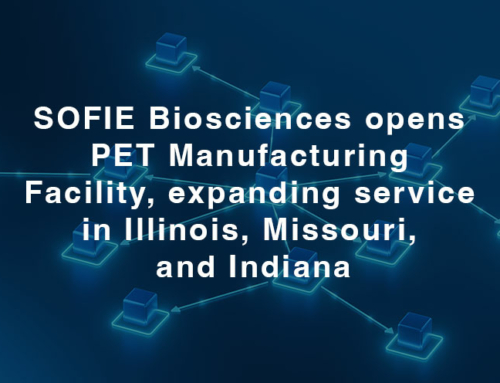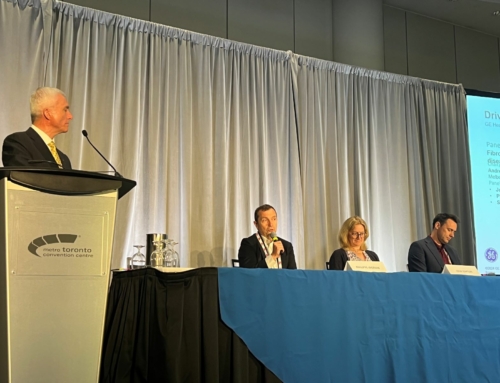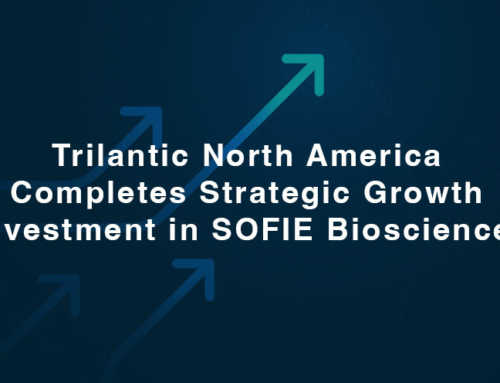CULVER CITY, CA., January 11, 2012 – Sofie Biosciences, Inc., offering a comprehensive range of technologies from pre-clinical imaging systems to the development new molecular imaging probes to better understand human disease, will be granted a U.S. Patent (Number 8,101,740) from the United States Patent Office. The patent, which will issue on January 24, 2012, covers a family of novel PET probes, including 1-(2’-deoxy-2’-[18F] FluoroArabinofuranosyl)Cytosine ([18F]FAC). Positron Emission Tomography (PET scan) is an advanced scanning technology that utilizes labeled molecules (“probes”) to target and measure biological processes. Basic scientists can use the same probes to examine cells and mice as physicians do in patients to visualize and characterize the biology of disease, monitor its progression, and evaluate therapeutic efficacy.
Researchers and clinicians at UCLA identified this novel PET probe, [18F]FAC, which was created by altering the molecular structure of gemcitabine, one of the most common chemotherapy drugs. Its action is based on the DNA salvage pathway – a fundamental biochemical pathway that helps with DNA replication and repair. For example, cancerous tumors are characterized by cell division, which is no longer controlled as it is in normal tissue. These cancer cells no longer have the normal checks and balances in place limit cell division. FAC measures this process of malignant transformation from normal to disease. By preventing DNA replication and repair, cancer drugs may shutdown the spread of disease. Ultimately, FAC could help find physicians find tumors that will respond to certain drugs (like gemcitabine), thus enabling more patient-specific treatments. Cells that initiate immune response also use this pathway and show differentiation uptake of FAC. Such a non-invasive imaging tool could help doctors more effectively model and measure the immune system over time.
“FAC is an amazing probe. It targets one enzyme and when you take that one enzyme out, the molecule is not promiscuous. Compound displays fast in vivo clearance, rapid accumulation, sufficient in vivo stability, good bioavailability, and low (or zero) immunogenicity and toxicity in humans. Making FAC available for broad use in both academic and commercial research communities will be fundamental to success.” said Patrick Phelps, Sofie’s President and CEO.
Sofie has obtained an exclusive license from The Regents of the University of California. Three investigational new drug (IND) applications have been approved for these probes and clinical trials are ongoing.






